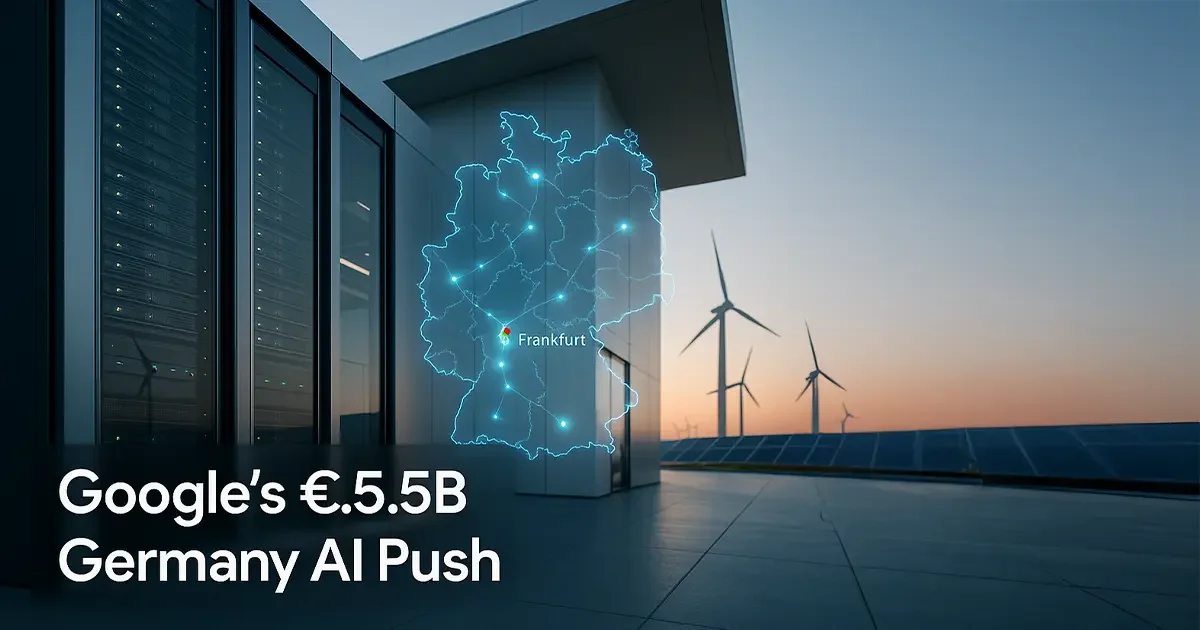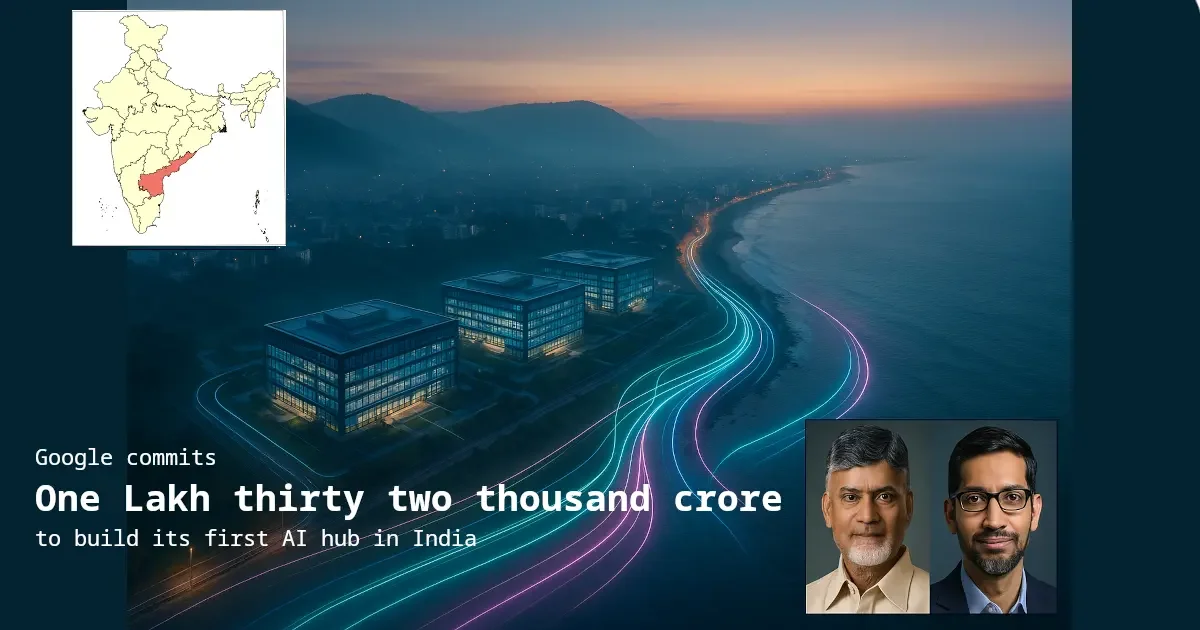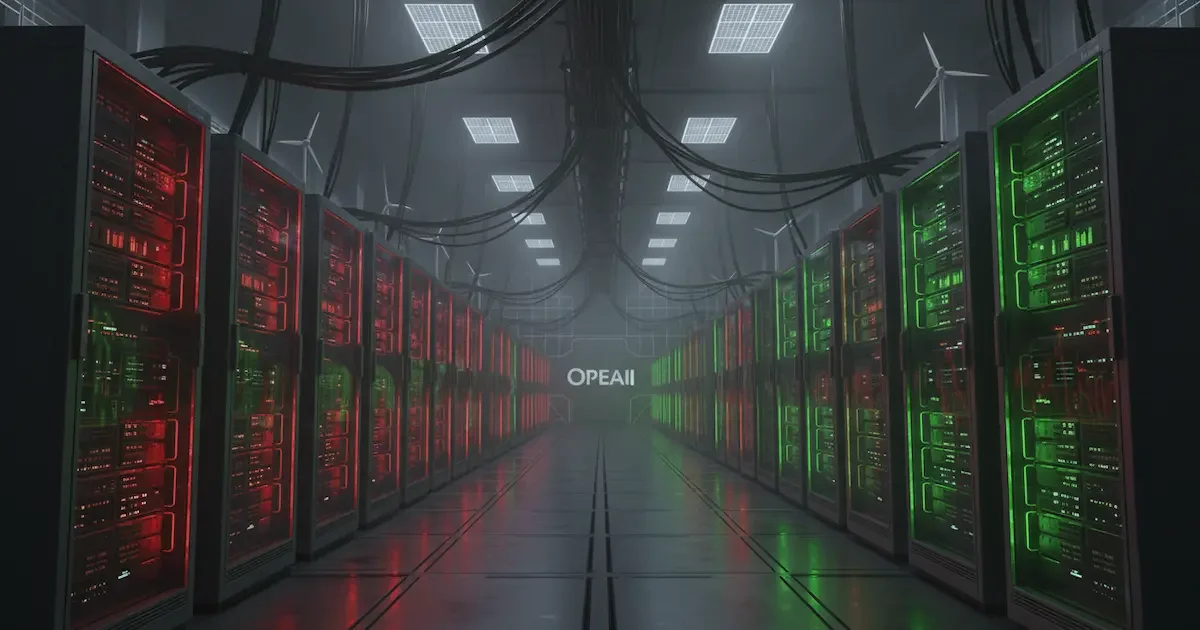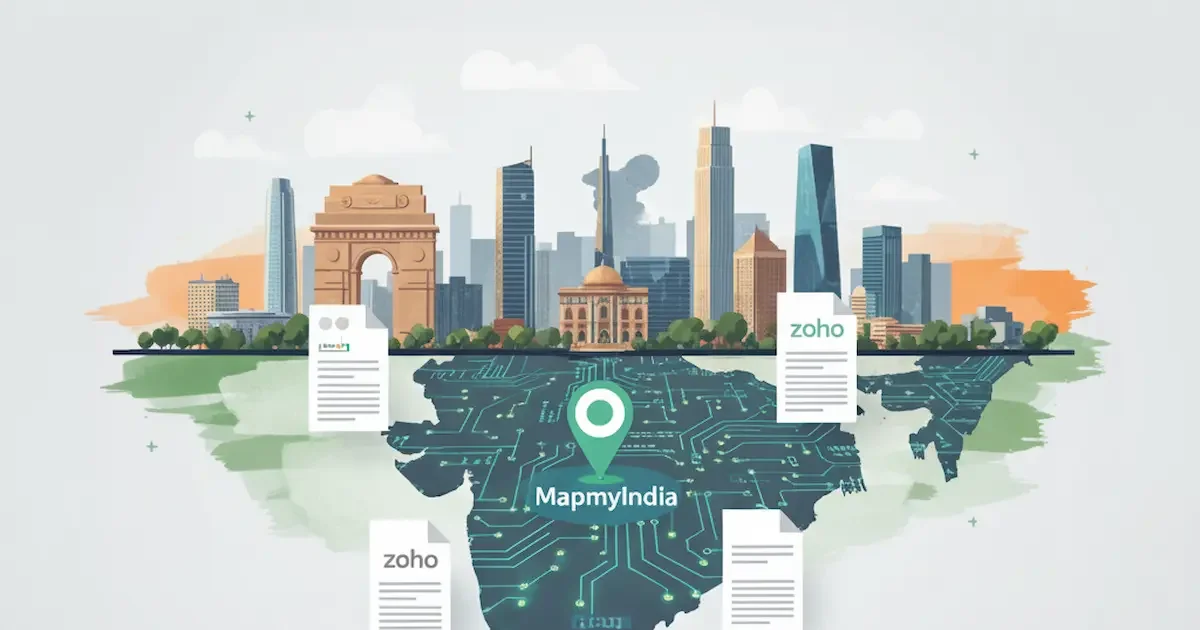Google Bets €5.5 Billion on Germany's AI Future With Massive Data Center Expansion
Google just made its biggest single-country bet in Europe. The tech giant announced on November 11, 2025, that it's pumping €5.5 billion (approximately $6.4 billion) into German cloud and AI infrastructure over the next four years. This isn't just about adding servers—it's Google planting roots in Europe's largest economy with a plan that touches everything from job creation to heating local homes with data center waste heat.
The timing matters. As AI workloads explode globally and European regulators push for data sovereignty, Google is positioning Germany as a strategic anchor for its European operations. But behind the glossy press conference in Berlin lies a more complex story about competition, energy constraints, and whether throwing billions at infrastructure guarantees winning the AI cloud race.
Why Germany, Why Now
Germany isn't a random choice—it's strategic necessity dressed up as opportunity. The Frankfurt metropolitan area sits atop DE-CIX Frankfurt, the world's largest internet exchange point, handling over 18 terabits per second of peak traffic. That's the digital equivalent of building a factory next to a major highway interchange.
Google's investment centers on two locations in Hesse state: a brand-new data center in Dietzenbach (just outside Frankfurt) and expansion of the existing Hanau campus that opened in 2023. The company will also expand office footprints in Berlin, Frankfurt, and Munich, including a 30,000-square-meter development hub in Munich's historic Arnulfpost building for up to 2,000 employees.
The €5.5 billion will flow between 2026 and 2029, with Google projecting the investment will contribute an average of €1.016 billion annually to German GDP. The company claims it will support approximately 9,000 jobs annually—though importantly, only 100 of those are direct Google employees working at the Dietzenbach and Hanau facilities. The rest are indirect jobs across construction, energy, and the broader tech ecosystem.
The competitive context is fierce. Amazon's AWS plans over $100 billion in AI infrastructure spending for 2025 globally. Microsoft is projecting $80 billion in capital expenditure for fiscal 2026, much of it for Azure AI expansion. Google's own parent company Alphabet raised its 2025 global capex forecast to between $91-93 billion, up from $52.5 billion in 2024. The Germany investment represents roughly 6% of that global budget—a significant slice, but not disproportionate given Europe's market size.
The AI Infrastructure Arms Race
Google isn't alone in the German data center land grab. The Rhine-Main region around Frankfurt has become Europe's hottest data center market, with multiple hyperscalers simultaneously expanding. Amazon Web Services operates facilities nearby. Microsoft has German data centers supporting Azure. The competition is less about whether to invest in Germany and more about who can secure the best locations, energy contracts, and government relationships first.
What differentiates Google's pitch is the emphasis on sovereign cloud solutions. Through partnerships with T-Systems (Deutsche Telekom's enterprise arm), Google has been offering what it calls "Sovereign Controls" since 2022. The idea: German businesses and government agencies get Google's cloud technology, but with encryption keys and operational controls managed by German entities, theoretically insulating data from U.S. government reach under laws like the CLOUD Act.
This matters enormously in post-Schrems II Europe, where legal battles over transatlantic data transfers have created regulatory headaches. Germany has been a driving force behind Europe's push for "digital sovereignty"—the principle that European data should remain under European control. Google's investment explicitly addresses these concerns, with Marianne Janik, VP for Google Cloud Northern Europe, stating that "a sovereign digital future must be built in Europe, for Europe."
The cynic's view: Google is spending heavily to comply with regulations that might otherwise lock it out of lucrative government and enterprise contracts. The optimist's view: This investment demonstrates commitment to European values while still delivering cutting-edge AI capabilities. The reality probably sits somewhere between.
Sustainability Theater or Real Progress
Here's where Google's announcement gets interesting beyond the headline number. The company detailed a heat recovery project with Energieversorgung Offenbach (EVO), the local district heating provider in Dietzenbach. Excess heat from the new data center will be fed into EVO's district heating network, providing warmth for over 2,000 local households.
This is Google's first heat recovery project in Germany, following a similar pilot in Finland. Data centers are essentially giant space heaters—servers generate enormous thermal energy as a byproduct of computation. Traditionally, this heat is simply vented into the atmosphere after being cooled. Recovering it for residential or industrial use is environmentally sensible, but implementation is tricky and requires cooperation from local utilities and infrastructure investment.
Google also extended its 24/7 Carbon-Free Energy (CFE) partnership with Engie through 2030, aiming to source electricity from new onshore wind and solar projects with battery and hydro storage. The company projects its German operations will run at or near 85% carbon-free energy by 2026. Given that AI-optimized data centers consume vastly more power than traditional facilities—Nvidia's GB200 NVL72 systems can pull 120kW per rack compared to perhaps 10-15kW for conventional computing—these sustainability commitments face real scrutiny.
The energy bottleneck is already hitting the industry. Amazon, Microsoft, and Google all reported capacity constraints in recent earnings calls, unable to build infrastructure fast enough to meet AI demand partly because power and cooling requirements are so extreme. Google's Germany investment assumes it can secure adequate renewable energy contracts and that German grid infrastructure can support the load. These are non-trivial assumptions.
Beyond energy, Google announced wetland restoration initiatives and local digital skills partnerships with schools and institutions in Hanau and Dietzenbach, including programs like Code School Hanau and the MINT-Initiative. These community investments are table stakes for securing local approval and goodwill, but they do provide tangible benefits if executed properly.
What This Means for European Cloud Computing
Google Cloud remains the third-place player in global market share—approximately 13% as of Q2 2025, behind Amazon's 30% and Microsoft's 20%. But Google is growing faster than its rivals in percentage terms: 32% year-over-year revenue growth in Q2 2025 compared to AWS's 18% and Azure's estimated 39%.
The Germany investment is part of Google's strategy to close that gap by emphasizing three advantages: AI capabilities (Google's Gemini models and Vertex AI platform), sovereign cloud solutions for regulated industries, and sustainability credentials that appeal to European enterprises.
Major German companies are already on board. Mercedes-Benz uses Google Cloud for AI-powered solutions. Koenig & Bauer (a printing machinery manufacturer) leverages Google's cloud regions in Germany. The sovereign cloud partnerships have attracted healthcare companies like MindDoc and Oviva, which need to comply with strict German medical data regulations.
The challenge is execution. Google previously announced plans for a Berlin data center but pulled out in July 2025 after a "thorough review of feasibility, general market developments, and our business priorities." Translation: something went wrong—permits, costs, local opposition, or a combination. Data center projects are complex, multi-year undertakings with significant regulatory hurdles. Announcing €5.5 billion in investment is one thing; delivering it on time and on budget is another.
The Jobs Question
Let's talk about that 9,000 jobs figure, because it's being thrown around without much context. Google is directly hiring 100 people across the Dietzenbach and Hanau facilities—data center operators, technicians, and support staff. The other 8,900 jobs are what economists call the "multiplier effect": construction workers building the facilities, energy sector jobs supporting the renewable contracts, suppliers providing hardware and services, and indirect economic activity from the €1+ billion annual GDP contribution.
These are real jobs, but they're not all permanent, and they're not all created by Google. Many are temporary construction positions. Others are distributed across the German economy in ways difficult to attribute directly to this single investment. Google's framing isn't misleading, but it's optimistic. The actual long-term direct employment Google creates will be far smaller than the headline suggests.
German Finance Minister Lars Klingbeil praised the investment, calling it critical for innovation and climate-neutral transformation. That's the kind of thing government officials say when major corporations bring billions to their economy. The question is whether the public sector investment in supporting infrastructure, regulatory accommodations, and potential tax incentives represents good value for German taxpayers. Those details aren't in the press release.
What Could Go Wrong
Energy availability: If Germany can't supply the renewable energy Google needs at the scale and reliability required, projects could face delays or compromises on sustainability commitments. The country is phasing out nuclear power while transitioning to renewables, creating grid stability challenges.
Regulatory changes: European data protection and digital sovereignty requirements continue evolving. New regulations could increase compliance costs or limit certain cloud operations, even with sovereign cloud solutions in place.
AI bubble concerns: Some analysts worry that the massive infrastructure investments across the industry—over $240 billion planned by the big three cloud providers in 2025 alone—are getting ahead of actual enterprise AI adoption. If demand disappoints, that's a lot of expensive data centers sitting underutilized.
Permitting and construction delays: As the abandoned Berlin project showed, German bureaucracy and local opposition can derail ambitious plans. Dietzenbach and Hanau may face similar challenges as projects move from announcement to construction.
Competition: Amazon and Microsoft aren't standing still. AWS's European Sovereign Cloud and Microsoft's EU Data Boundary initiative are direct competitors. If rivals offer better sovereign cloud solutions or snag key customer contracts, Google's investment advantage diminishes.
The Bigger Picture
Google's €5.5 billion Germany bet is ultimately about positioning. As AI transforms computing, the hyperscalers are making decade-defining infrastructure decisions about where to build, how to power operations sustainably, and how to navigate increasingly complex regulatory environments.
Germany offers Google what it needs: a massive economy (Europe's largest), proximity to major enterprises across industries, a strategic location for network connectivity, and government eagerness to support digital infrastructure investment. The sovereign cloud angle addresses regulatory concerns while the sustainability initiatives provide environmental cover for inherently energy-intensive operations.
For German businesses and government agencies, this investment means better access to cutting-edge AI capabilities with data sovereignty assurances. For local communities in Dietzenbach and Hanau, it means construction activity, ongoing employment, and potentially warmer homes courtesy of data center waste heat. For Google, it's an expensive but necessary move to remain competitive in a market where infrastructure location increasingly determines competitive advantage.
The real test comes between 2026 and 2029 as announced plans become operational reality. Whether this investment lives up to its billing depends on execution, energy availability, regulatory stability, and most importantly, whether enterprises actually adopt AI at the scale hyperscalers are betting on. Google is placing a multi-billion-euro wager that they will. We'll find out if the bet pays off.





